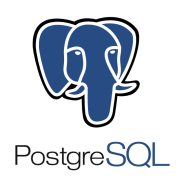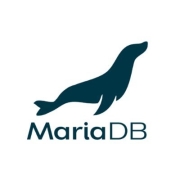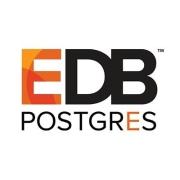Open Source Databases provide flexible and cost-effective solutions for businesses requiring robust data management capabilities. They empower organizations to leverage community-driven innovation and avoid vendor lock-in, which is essential for long-term scalability and success.
These databases cater to a range of business needs, from handling large-scale transactions to supporting analytical workloads. They offer unparalleled customization and transparency, which major companies appreciate for tailoring their systems to specific operational needs. Open Source Databases typically allow companies to access a strong support network driven by community contributions and forums where developers collaborate to improve database capabilities. Additionally, extensive documentation is available to provide step-by-step guidance on installation, updates, and integrations.
What are the critical features of Open Source Databases?In industries such as finance, retail, and healthcare, Open Source Databases are utilized for efficient data management and analysis. Banks use these solutions to manage transactional data, while retailers benefit from real-time analytics. Healthcare providers utilize them for securely storing vast amounts of patient data, ensuring compliance with industry regulations.
Open Source Databases are helpful for organizations looking to reduce costs while improving project adaptability and ensuring system independence. Their open nature permits businesses to tweak them according to specific needs, which optimizes strategic data management and offers valuable insights for informed decision-making.
| Product | Market Share (%) |
|---|---|
| PostgreSQL | 14.7% |
| Firebird SQL | 13.3% |
| MySQL | 9.0% |
| Other | 63.0% |


































Choosing Open Source Databases provides several advantages, including cost-efficiency and flexibility. Being free to use, they can significantly reduce expenses associated with licensing. Open Source options also offer a level of flexibility that allows you to customize the database according to your specific needs. Regular updates and community-driven support ensure that the databases are continually improving, providing a robust and innovative platform for your data management.
How do Open Source Databases compare with commercial solutions in terms of performance?Open Source Databases have made significant strides in performance, often matching or even surpassing commercial solutions. Technologies such as PostgreSQL and MySQL provide robust performance, scalability, and reliability. They're capable of handling a wide range of workloads, from transactional to analytical. The active community and frequent updates contribute to their ongoing optimizations, ensuring that you remain competitive in your data operations.
Is it secure to use Open Source Databases?Open Source Databases can be highly secure when managed properly. The open nature allows for transparency, where any security vulnerabilities are quickly identified and patched by the community. Best practices such as regular updates, proper configuration, and using additional security modules can help ensure your database remains secure. Rely on community forums and documentation for tips on maintaining security hygiene and stay informed about potential vulnerabilities.
How do you choose the right Open Source Database for your project?Selecting the right Open Source Database depends on your specific needs. Consider your project's scalability requirements, the complexity of your data, and the support community. For instance, PostgreSQL is ideal for projects needing complex queries and transaction reliability, while MongoDB is better suited for handling large volumes of unstructured data. Evaluate factors such as community support, documentation, and compatibility with existing systems to guide your decision-making.
Can Open Source Databases handle enterprise-level applications?Yes, many Open Source Databases are fully capable of powering enterprise-level applications. With optimized performance and scalability features, solutions like MariaDB, PostgreSQL, and Cassandra offer enterprise-ready capabilities. They deliver high availability, reliability, and strong community support, making them suitable for large-scale deployments. Organizations can also benefit from commercial support services offered by companies specialized in these Open Source technologies.